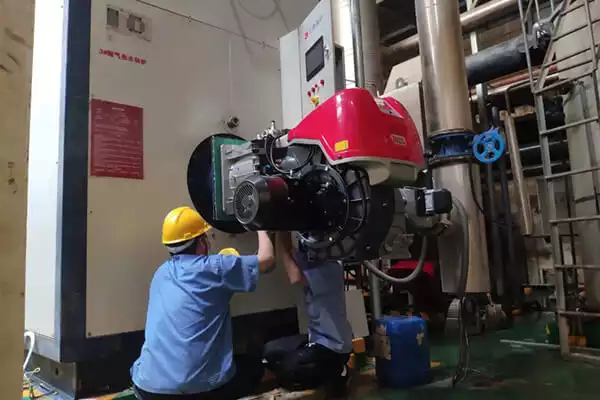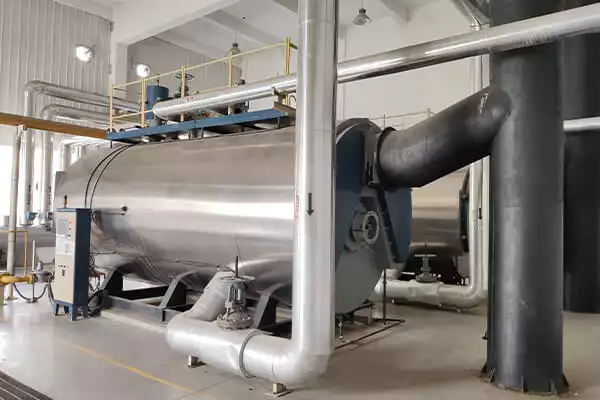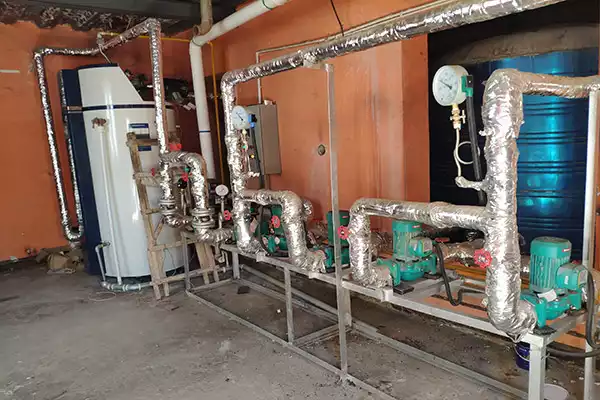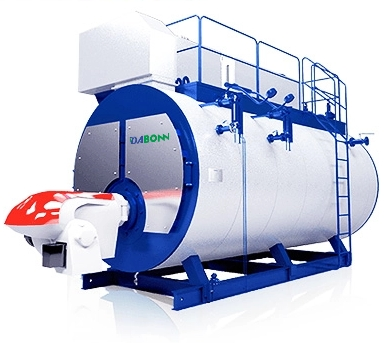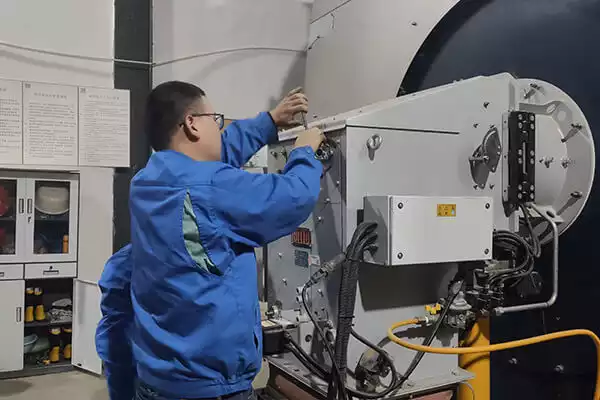
Introduction
Oil boilers are a popular choice for heating homes, but like any heating system, they can encounter issues from time to time. In this guide, we’ll explore eight common oil boiler problems and provide practical solutions to help you get your system running smoothly again. Whether your oil boiler won’t turn on, isn’t heating properly, or is experiencing other issues, we’ve got you covered.
Oil Boiler Not Turning On
Problem: If your oil boiler isn’t starting up, it can be frustrating and uncomfortable, especially during cold weather.
Solution: Start by checking the thermostat settings to ensure they’re correctly adjusted. If the settings are correct, investigate further by examining the circuit breaker or fuse box. A tripped breaker or blown fuse could be the culprit. Next, confirm that you have an adequate supply of oil in the tank. An empty tank won’t allow your boiler to start. If all of these checks are in order and the boiler still won’t turn on, it’s time to call a professional technician. They can diagnose and repair any electrical or ignition system problems that may be causing the issue.
Oil Boiler Is Starting But Not Heating
Problem: If your oil boiler starts up but isn’t producing enough heat, there could be several reasons behind this issue.
Solution: Begin by checking the thermostat settings to ensure they are set at the desired temperature. If the settings are correct, inspect the fuel supply. Make sure you have an adequate oil level in your tank. Then, to address potential clogs or dirt affecting the burner’s efficiency, clean or replace the burner nozzle and electrodes. Regular maintenance is essential; this includes cleaning the heat exchanger and chimney to ensure the boiler operates efficiently and effectively.
Oil Boiler Keeps Turning Off On Its Own
Problem: If your oil boiler frequently shuts down unexpectedly, it may indicate an underlying issue.
Solution: First, you should check the oil filter. If it’s clogged, it can restrict fuel flow and cause the boiler to shut down. Then, inspect the thermostat and wiring for loose connections or faults. Last, ensure that the vent pipe and chimney are free of obstructions, as blocked ventilation can lead to safety concerns. If the problem persists, it’s advisable to contact a professional technician who can diagnose and fix the issue.
Oil Boiler Produces Smoke or Soot
Problem: Smoke or soot production can signify combustion problems in your oil boiler.
Solution: To address this issue, begin by cleaning or replacing your burner nozzle to ensure proper fuel atomization. Then, check the combustion air supply and adjust it as needed for optimal combustion. You should have regular chimney inspections. Because the blockages or obstructions can cause incomplete combustion, leading to soot production. Scheduled maintenance is crucial for keeping the combustion chamber clean and efficient.
Oil Boiler Leaking Water
Problem: Water leaks can lead to significant damage to your boiler and surrounding areas.
Solution: To address a water leak, first turning off the boiler and isolating it from the power source. Identify the source of the leak. It could be a damaged seal, valve, or pipe. If you are uncertain about the cause or how to fix it, it’s best to contact a professional plumber or technician who can assess the situation and make the necessary repairs.
Oil Boiler Making Noise
Problem: Unusual noises from your oil boiler can be unsettling and indicate various issues.
Solution: If you hear banging or clanging, it may be due to trapped air in the system. So bleed the radiators to release the air. Rattling or rumbling sounds may suggest sediment buildup in the tank, which requires thorough cleaning. Squealing or whistling noises could indicate a faulty pump or motor, which should be inspected and replaced if necessary.
Oil Boiler Isn’t Producing Enough Heat
Problem: If your oil boiler isn’t providing sufficient warmth, it can be frustrating and inefficient.
Solution:
- Check the thermostat settings and adjust them if needed.
- Inspect the radiators and bleed them to remove any trapped air.
- Ensure that the heat exchanger and burner are clean and functioning correctly.
- Consider upgrading to a more energy-efficient boiler model for improved performance.
No Oil Coming Out When Bleeding Boiler
Problem: When attempting to bleed your oil boiler, if no oil comes out, there may be an issue with the fuel supply.
Solution:
- Check the oil tank to ensure it’s not empty; arrange for an oil delivery if necessary.
- Inspect the oil line for any kinks, clogs, or leaks and repair as needed.
- If the problem persists, consult a professional technician to diagnose and address fuel system issues.
Conclusion
Maintaining and troubleshooting your oil boiler is essential to ensure it operates efficiently and reliably. By thoroughly understanding these common problems and their solutions, you can address issues as they arise and enjoy a warm and comfortable home throughout the heating season. If you want to learn more about the details of oil boiler problems and solutions, please contact us at +0086 186-2391-5479.
FAQs.
Is a leaking oil boiler dangerous?
A leaking oil boiler can be hazardous due to potential fuel or water spillage and the risk of damage to your property. It's crucial to address leaks promptly to prevent environmental contamination and safety hazards.
Why is the oil boiler not firing up?
Several factors can cause an oil boiler not to fire up, such as a lack of fuel, ignition issues, or thermostat problems. Common solutions include checking fuel levels, inspecting ignition components, and ensuring thermostat settings are correct.
Why does my oil-fired boiler keep firing up?
An oil-fired boiler that repeatedly cycles on and off could be due to a faulty thermostat, a blocked flue, or issues with the temperature control. You may need to adjust or replace these components to maintain consistent heating.
Why is my oil boiler running but not producing heat?
If your oil boiler is running but not providing sufficient heat, it may be due to clogged burner nozzles, low fuel levels, or dirty heat exchangers. Cleaning or replacing these components and ensuring an adequate fuel supply can often resolve this issue.
What pressure should an oil boiler be?
The optimal pressure for an oil boiler typically falls between 12 to 15 PSI (pounds per square inch) on the pressure gauge. Low or high pressure can indicate problems, so it's important to monitor and maintain the pressure within this range for safe and efficient operation.
Get your best price
Quickly compare 3 FREE quotes
- Engineer quick quote
- The overall delivery speed is fast
- Financial choice
- Low installation costs and cost savings
25 years+ of boiler R&D
More than 20 innovative technologies
